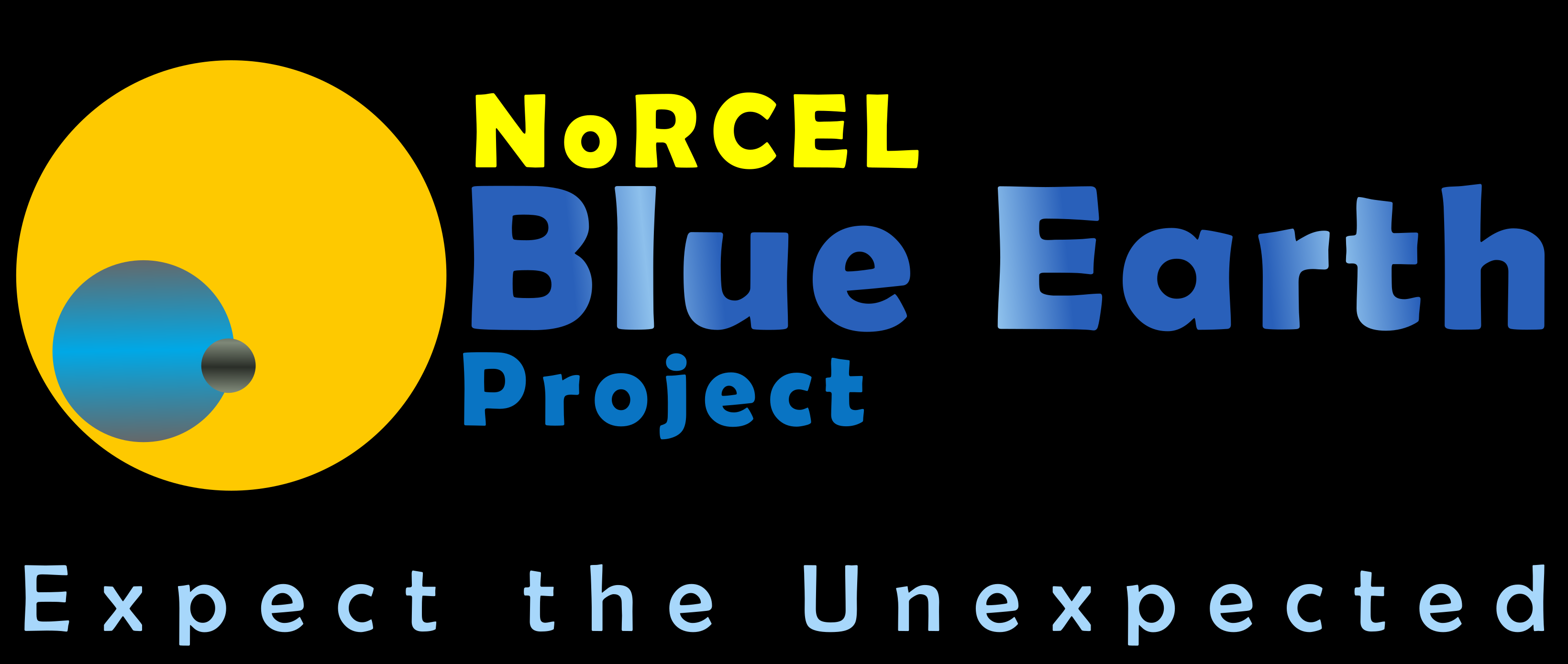
– Jemimah Kwakuyi (International Member of NoRCEL)
In a world facing unprecedented environmental challenges, NoRCEL’s Blue Earth Project (BEP) stands out as a beacon of hope. This innovative initiative, part of the Network of Researchers on the Chemical Emergence of Life (NoRCEL), is on a mission to shed light on critical global issues, with a particular focus on climate change in Ghana.
The Urgency of Climate Action
Communities across West Africa, including Ghana, are feeling the disproportionate impacts of the climate crisis. From devastating droughts to unpredictable floods, the effects of climate change are ripening conditions for increased human suffering, violence, displacement, and economic collapse in the region.
Ghana’s Vulnerability
Ghana, with its growing population and high poverty rates, is particularly at risk. The country’s dependence on vulnerable industries like agriculture makes it susceptible to the shifting climate. Extreme weather events and rising temperatures are already reshaping Ghana’s economy and its human security landscape.
Climate Realities
Changes in the global climate are unmistakable in West Africa. Under a high emissions scenario, dangerously hot days could soar to 140 days per year by the 2060s – over one-third of the calendar year. This extreme heat not only affects physical health but also impacts labor productivity, with projections showing an 11% drop in manual labor capacity.
Agricultural Challenges
Agriculture, the backbone of Ghana’s economy , employing 45% of its labor force, faces significant challenges. Small, rain-fed farms are vulnerable to erratic rainfall patterns, while higher temperatures reduce crop yields and increase pest prevalence. Even staple food crops are affected, with rising CO2 levels decreasing nutrient density.
Cocoa, Fish, and Livestock
Ghana’s prized cocoa industry, essential for many livelihoods, is threatened by rising sea levels. The fishing industry, supporting 10% of the population, faces stress from warming waters affecting fish patterns. Livestock herding, contributing over 8% to the country’s GDP, struggles with heat stress and resource competition due to erratic rainfall.
Human Health and Security
Climate change doesn’t just impact crops and industries – it affects people’s lives. Farmer-herder conflicts over resources can lead to violence, property destruction, and ethnic tensions. Additionally, climate-induced migration, expected to affect millions by 2050, poses challenges to social structures and security.
The Call to Action
As the impacts of climate change intensify, urgent action is needed. NoRCEL’s Blue Earth Project aims to be part of the solution. Every year, BEP hosts free forums where global experts discuss pressing questions and potential solutions. They invite individuals to join their movement for climate solutions, emphasising that each person can make a difference today.
Conclusion
The Blue Earth Project by NoRCEL is more than just a forum – it’s a catalyst for change. Through its focus on climate change in Ghana and beyond, BEP aims to inspire innovative solutions and drive real action. As we face the challenges of a changing climate, initiatives like BEP remind us that the time for action is now. Join the movement for a sustainable future.

Leave a Reply